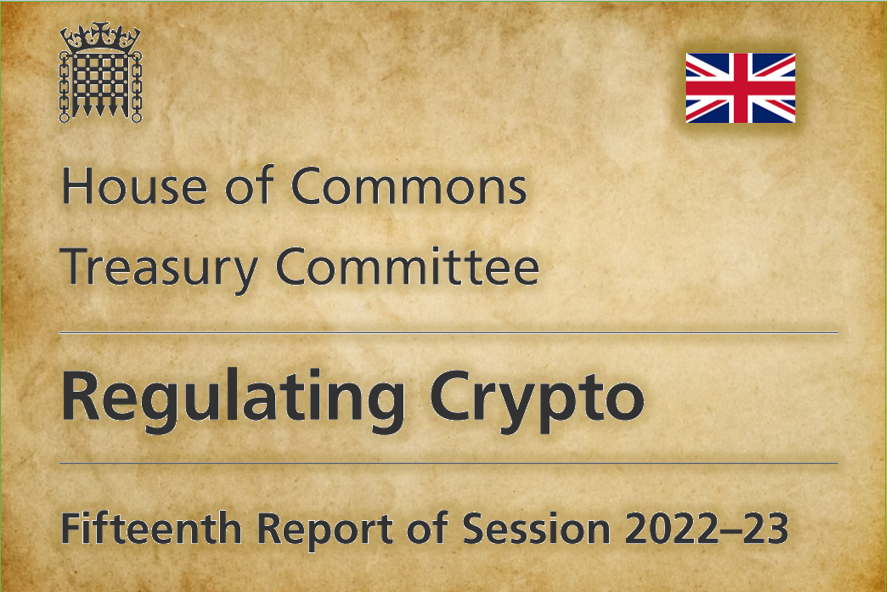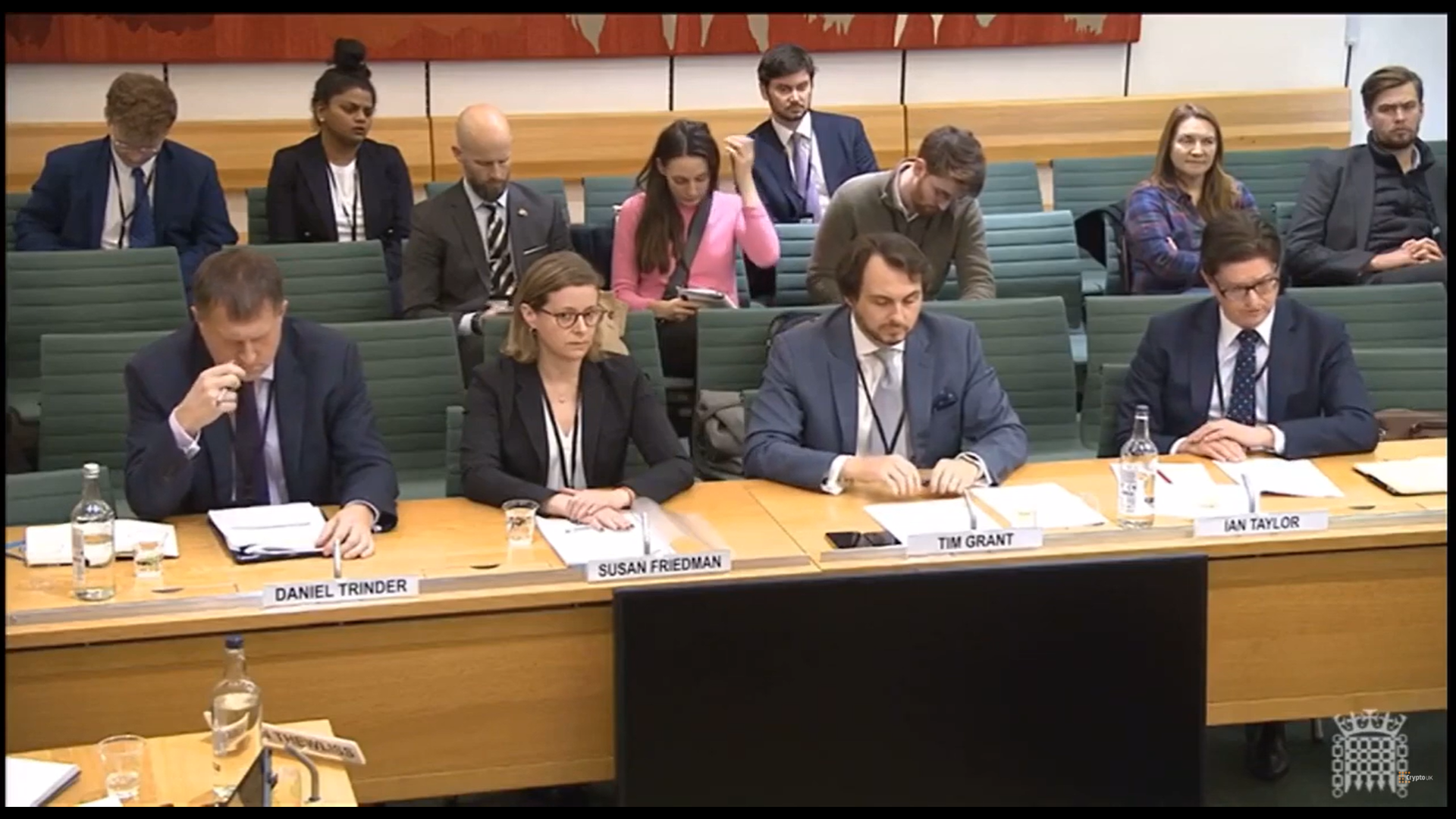
The UK parliament’s Treasury Select Committee published its latest report on crypto regulation last week, and its findings are not a great fit with the Government’s stated intention to promote the country as a hub of crypto innovation.
In particular, the report’s recommendation that unbacked “cryptoassets” (as the committee insists on calling them) should face regulation more in line with gambling than financial services would create a rather hostile environment for the technology and any startups considering the UK as a potential base.
So, what is this Treasury Select Committee, and what else is in this report it has published (which incidentally, rather reads like a crypto-FUD-themed game of buzzword bingo, and yes that does include a comparison of the crypto industry to the Wild West)?
Eyes down for a full house
The Treasury Select Committee is one of a number of sessional parliamentary groups responsible for overseeing the work of various government departments and agencies, in this case, HM Treasury. It is made up of a cross-party selection of 11 elected members of the House of Commons, the UK’s lower parliamentary branch.

Right off the bat, the report states that the committee believes Bitcoin and Ether to have no intrinsic value. Perhaps what the committee really means is that it doesn’t understand why Bitcoin and Ether have intrinsic value. There have been countless column inches spent discussing this, so no need to go into all of the reasons here.
One could equally say that a piece of art has no intrinsic value, but nobody is going to impose gambling regulations on the art market. In very simple terms Bitcoin has value because there is a limited supply and people desire it. And Ether has value as the gas that powers decentralized applications on the Ethereum network if nothing else.
The report then concedes that the technologies behind crypto assets (we’ll refer to them properly from now on) may have the potential to bring benefits to financial services and the wider economy. However, the only use cases mentioned are cheaper and more efficient payments (especially cross-border), and in low-income countries with a less developed financial sector.
FUD, FUD, glorious FUD
Back to the FUD, the report notes the “significant risks” posed by crypto assets, as their price volatility can lead to consumer losses. So basically one risk, and one that is shared with a large proportion of financial products.
Next, we get to hear about the excessive energy consumption of the Bitcoin network, which would be a reasonable point, except that the traditional banking industry reportedly uses more than 50 times more energy. No mention is made of that in the report, however.
Mention is made of the fact that cryptocurrency is used by criminals in scams, fraud and money laundering. So you can tick that off your bingo card if you’re still playing along. Deeper into the report, we are told that estimates of the proportion of crypto trades related to crime range from 0.15% to 46%. Or in other words, they have absolutely no idea of the true figure.
Of course, existing money is also used by criminals in scams, fraud and money laundering, with the latter in particular regularly making headlines when facilitated by the major commercial banks. So crypto would seem to be getting criticised here for not stamping out all possibility of crime, which hardly seems fair.
Taking a gamble
The report then urges the government to avoid spending public resources on crypto activities without a “clear, beneficial use case,” taking a sly dig at the recent abandonment of plans for a Royal Mint NFT. A fair point, as the current UK government is renowned for its regular flip-flopping on policies, although it has been fairly consistent in its desire to court the crypto sector.
Finally, we get to the bit where the committee expresses particular concern about consumer speculation in unbacked crypto assets such as bitcoin and ether, saying:
“We are concerned that regulating retail trading and investment activity in unbacked cryptoassets as a financial service will create a ‘halo’ effect that leads consumers to believe that this activity is safer than it is, or protected when it is not. We therefore strongly recommend that the Government regulates retail trading and investment activity in unbacked cryptoassets as gambling rather than as a financial service.”
Of course, there are retail crypto traders who look to the market for short-term gains and essentially ‘gamble’ on the volatility of coins. In the same way as there are day traders who ‘gamble’ on foreign exchange, or the stock market, or any number of financial products.
Fortunately for the health of the UK crypto industry, the government is under no obligation to follow the recommendations of a select committee, and regularly shows no inclination to do so if the committee disagrees with the government’s own agenda.
It seems that some elements in the UK parliament feel the need to follow the U.S. approach in trying to legislate crypto out of contention. We will continue to Observe how such attitudes affect the UK’s ability to deliver as a crypto hub.
